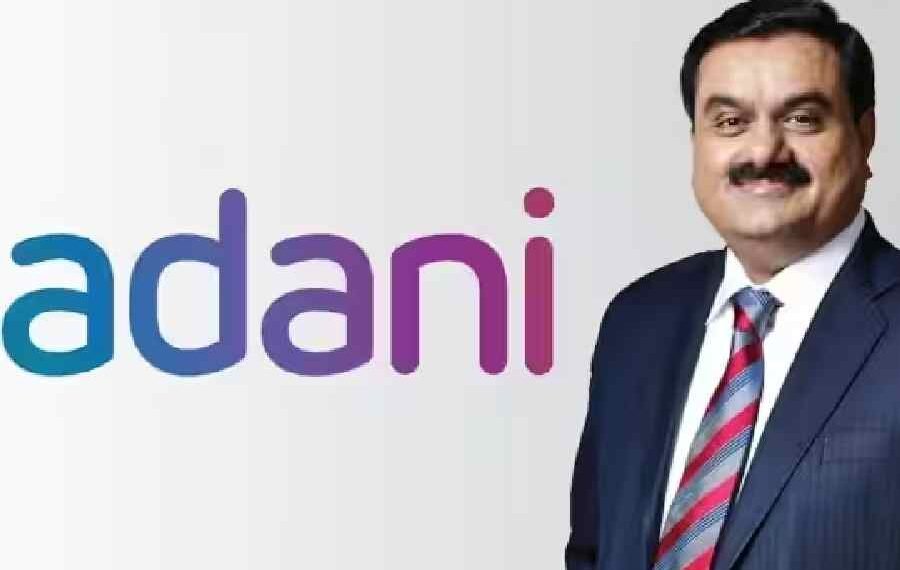A June 27 court filing by the SEC notes no progress in serving Adani executives, despite multiple notices and treaty obligations. Alleged false claims over a $750 million debt deal draw global attention—and questions over India’s role in the cross-border legal process.
New Delhi / June 28, 2025 —The U.S. Securities and Exchange Commission’s (SEC) ongoing efforts to serve legal summons on Adani Group executives have raised questions about the India’s compliance with international legal obligations. In a court filing dated June 27, 2025, the SEC informed the U.S. District Court for the Eastern District of New York that it has yet to successfully serve Gautam Adani and Sagar Adani with summons and a complaint related to alleged violations of federal securities laws.
The case centers on claims that Adani Green Energy Ltd. made false and misleading representations in a $750 million debt offering in September 2021. The SEC filed its lawsuit in November 2024 and has since been attempting to initiate formal legal proceedings under the framework of the Hague Service Convention—a treaty to which both the United States and India are signatories.
READ: Investigation: ₹11 Lakh, Pig Sacrifices, and Silence — A Truth Laid to Rest in Manipur’s Graveyards
According to the SEC’s status report, U.S. authorities submitted requests for service to Indian authorities via India’s Ministry of Law and Justice (MoLJ), in line with procedures prescribed by the Hague Convention. Notices and requests for service waivers were also sent directly to the defendants and their legal counsel. However, despite these measures, Indian authorities have reportedly not yet executed the service of process.
So, Modi govt is not assisting in Serving US SEC summons on Adani, despite binding obligations under The Hague Convention. Surprised?
Is it a case of Adani in the lap of the govt or the govt in the lap of Adani? pic.twitter.com/d2ufml9Fyx— Prashant Bhushan (@pbhushan1) June 28, 2025
The SEC has committed to filing another update with the U.S. court by August 1, 2025, indicating that the matter remains unresolved and continues to hinder the agency’s pursuit of judicial accountability.
India’s Treaty Obligations Under Scrutiny
Under the Hague Service Convention, signatory countries are required to assist in the cross-border service of judicial and extrajudicial documents. India’s role as a cooperating party in this international legal framework places a legal obligation on it to facilitate such requests in a timely and transparent manner.
While delays in judicial cooperation are not uncommon, the lack of progress in this high-profile case—despite repeated communication by U.S. authorities—has raised eyebrows among legal experts and observers. As of now, no formal explanation has been provided by Indian authorities for the delay.
Dear Countrymen,
CC:@RahulGandhi , Leader of the Opposition in Lok Sabha
Sub: Enemy at the Gates🚨
Gautam Adani says no one in the Adani Group has been charged with violating FCPA or conspiring to obstruct Justice.
How is it possible to charge him when the trial has not yet… pic.twitter.com/INvlYMnjDU
— Raju Parulekar (@rajuparulekar) June 27, 2025
Background: A Legal and Political Flashpoint
The Adani Group, led by billionaire Gautam Adani, is one of India’s largest conglomerates with interests spanning energy, infrastructure, logistics, and ports. The group’s rapid rise and its proximity to the ruling Bharatiya Janata Party (BJP) have made it both influential and controversial. The SEC’s lawsuit has drawn international attention not only due to the gravity of the allegations but also due to the broader implications it may hold for regulatory oversight and financial transparency in emerging markets.
READ: Centre to Hold Back-to-Back Talks with Meitei, Kuki-Zo Groups Next Week
The unfolding legal battle and India’s response—or lack thereof—could have ramifications for its international legal credibility, especially at a time when scrutiny of corporate governance in India is mounting.
For now, the world watches as a legal tug-of-war continues across borders, raising difficult questions about transparency, political influence, and international cooperation.














